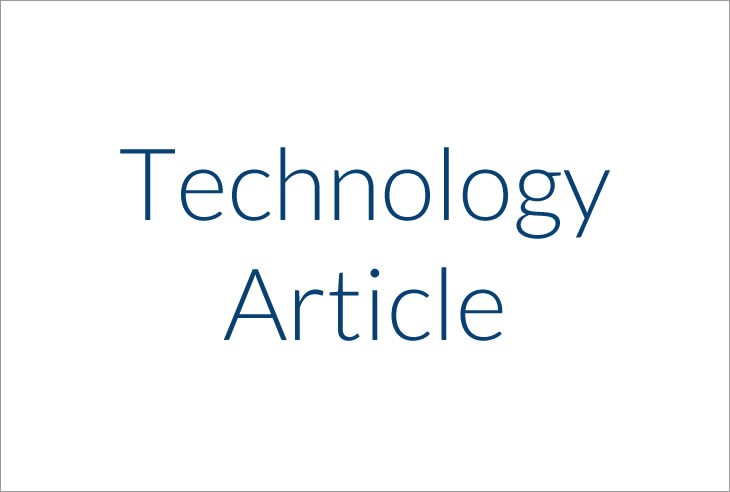Who: GovHealthIT.com
What: On April 2, 2013, the federal Centers for Medicare and Medicaid Services (CMS) made available their updated data table for EHR Incentive Program (Meaningful Use) attestations, with specification as to which EHR products were used. The initial file, published on data.gov in 2012, showed the first year of experience of Meaningful Use, and allowed the relative comparison of vendors in the EHR arena.
The updated data shows all the Meaningful Use attestation to date, and can show both first-year attesters for 2011 and also 2012, as well as second-year attesters in 2012 who started their first-year attestation in 2011. Given that this comes from actual reported Meaningful Use attestation to the government (for the Medicare version of the program), it is arguably the most accurate source, free from vendor hyperbole.
So what kinds of observations can be made from a preliminary analysis of this data? Which vendors are gaining ground, and which ones are sinking? Are doctors switching from one vendor to another?
In looking at first-year attesters, many physicians waited until 2012 to begin their Meaningful Use attestation. There were about twice as many 2012 first-year attesters as there were in 2011, so that the cumulative number of successful Meaningful Use attesters reached over 190,000. The breakdown by specialty looks like this (click to enlarge):
Why: “In looking at the distribution of EHR products used for attestation, the pattern is similar to that seen in 2011: about 80% of the attestations were done using products from the top 24 vendors, while the remaining 20% of attestations were done using products from 446 different vendors. Of the products which have been Certified for use in the Meaningful Use program (the CHPL list), 801 vendors had products that were used by no one for attestation in either 2011 or 2012.”
I have previously written about the dangers of going with either a ‘homegrown’ EMR or an EMR solution from a small, unproven company. Although some of the larger vendors may not necessarily have a perfect solution for a particular practice, especially one in a more subspecialized field, the possibility of not being able to qualify for Meaningful Use incentives should prompt one to perform proper due diligence.


